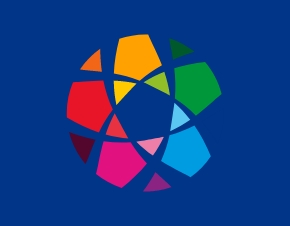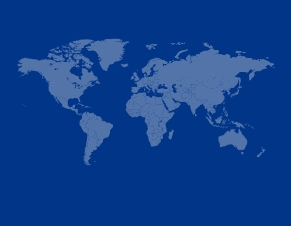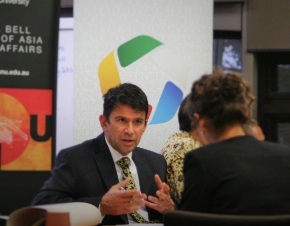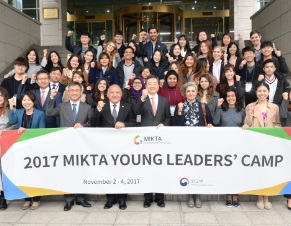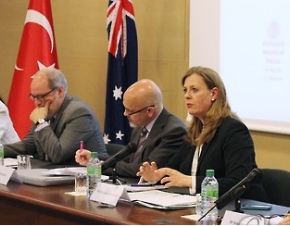MIKTA Statement for the 2017 ECOSOC Integration Segment “Making eradication of poverty an integral objective of all policies: what will it take?” 8-10 May 2017, New York
MIKTA Statement for the 2017 ECOSOC Integration Segment
“Making eradication of poverty an integral objective of all policies: what will it take?”
8-10 May 2017, New York
We, the countries of MIKTA (Mexico, Indonesia, the Republic of Korea, Turkey and Australia) make the following joint statement.
Poverty is still one of the biggest global problem today. 1 in 10 people in the world live under $1.90 a day, and a half of the extreme poor live in Sub-Saharan Africa. A third of all poor in the developing world are children of 0–12 years.
MIKTA recognizes that poverty has reduced at different rates in different regions. However, the progress has not been at the desired pace. Besides, economic shocks, food insecurity and climate change cause losing hard-won gains and may force people back into poverty.
Eradication of poverty lies at the heart of sustainable development. The transformative 2030 Agenda recognizes that eradicating poverty in all its forms and dimensions, including extreme poverty is the greatest global challenge and an indispensable requirement for sustainable development.
The pledge to “leave no-one behind” is at the heart of the 2030 Agenda. It means the SDGs and targets should be met for everyone, with a particular focus on the poorest and most vulnerable.
The best way to address poverty and inequality is by integrating SDGs into national development agendas and planning in order to transform economies for inclusive growth and decent jobs.
National ownership is imperative in this context. On the other hand, it is a shared responsibility. International assistance and achieving ODA commitments are critical for poverty eradication objectives in developing countries. In line with the Addis Ababa Action Agenda on Financing for Development, we recognise that achieving this is a shared responsibility involving both national ownership and responsibility as well as international assistance including fulfilling ODA commitments.
In fact, economic growth and access to jobs are not enough to address poverty. It is a multidimensional phenomenon that requires measurement approaches that go beyond per capita income and a fixed threshold above which people are abruptly considered to be non-poor. People with low incomes are mostly dissatisfied with their living standards.
The SDGs can stimulate action to deliver key standards in areas such as education, nutrition and food security, social protection, health and wellbeing, water and sanitation, access to sustainable energy, decent work and adequate living conditions.
Special attention must be paid to vulnerable groups, such as women, young people and children, people with disabilities, indigenous peoples, older persons and migrants, specifically in rural areas. In that regard, reliable and disaggregated data is essential for effective policy-making strategies that aim to reduce poverty and inequality gaps. It is also important to bolster efforts in LDCs, LLDCs, SIDS and countries emerging from conflict.
The UN is well-positioned to assist the international community to achieve sustainable development and eradicate poverty with its accumulated expertise.
The UN development system should deliver integrated strategic analysis and policy advice as well as facilitate resource mobilization. Each entity need to offer its unique expertise and work collaboratively to achieve shared results.
The ECOSOC Integration Segment provides a unifying platform for a comprehensive dialogue to promote the balanced integration of the three dimensions of sustainable development in our policies through sharing accomplishments and experiences of relevant stakeholders both within the UN system and beyond. Our debate will also guide the UN development system to take concrete steps for enhancing the system-wide coherence and efficiency and reflecting on adjustments to deliver on the 2030 Agenda and poverty eradication.
To conclude, MIKTA, as a group of like-minded nations will continue to work together to achieve the ambitions set out in the 2030 Agenda for Sustainable Development.
Thank you for your attention.

